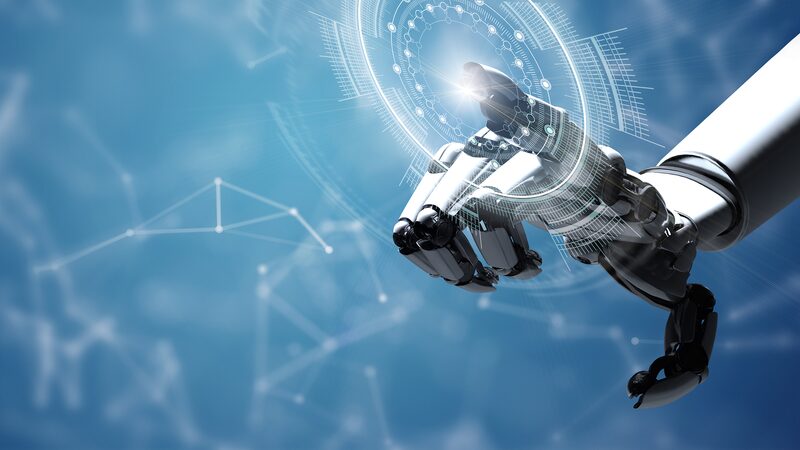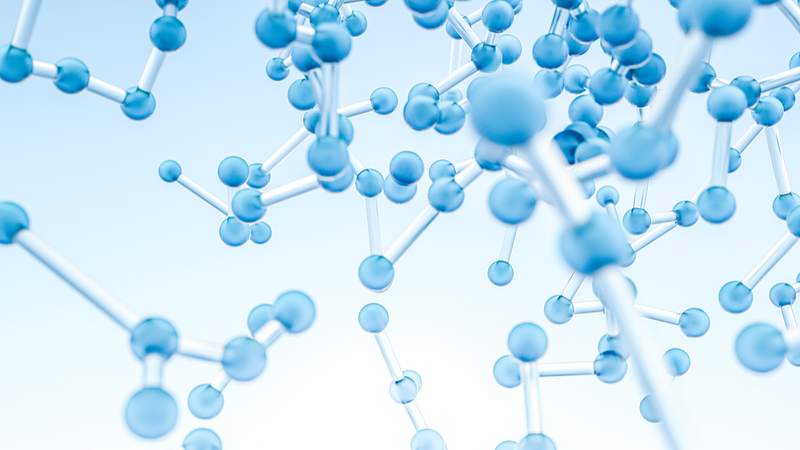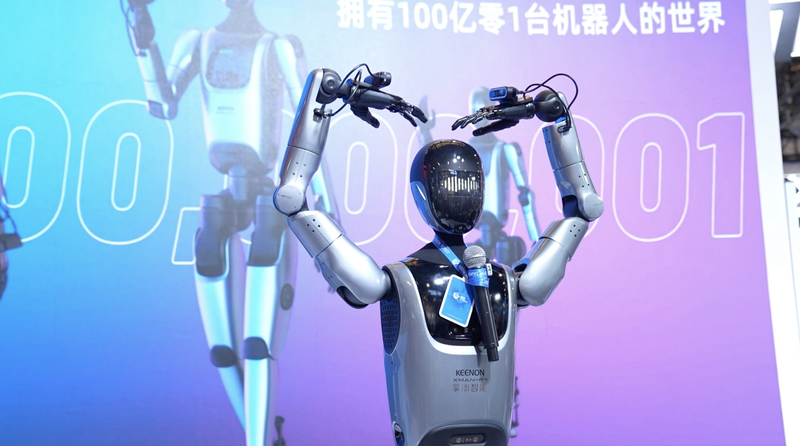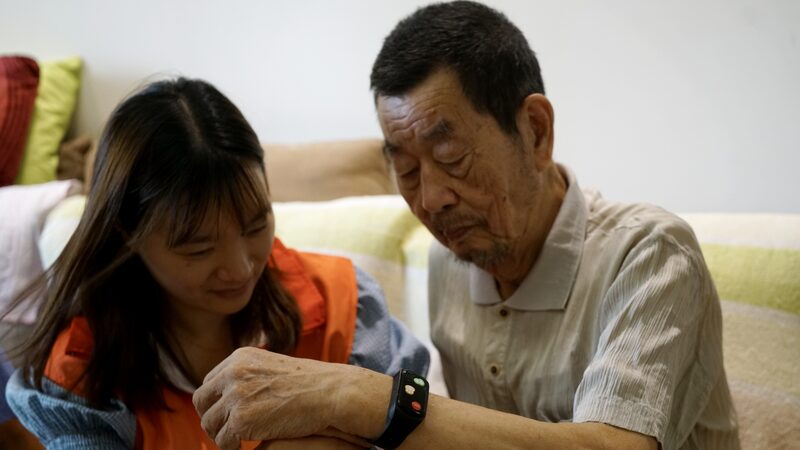Imagine a lab where glass walls double as touchscreens and robots conduct experiments like master chefs 🧑🔬🤖. At XtalPi’s Shanghai facility, this futuristic vision is reality: researchers scribble formulas on smart surfaces, triggering AI-powered systems that retrieve materials, mix compounds, and monitor reactions with microwave-dinner speed and Michelin-star precision.
This isn’t sci-fi – it’s the new frontier of drug discovery. By automating tedious lab work, AI lets scientists focus on big-picture innovation 💡. Think of it as having a digital sous-chef that preps ingredients while you perfect the recipe!
Why does this matter? Traditional drug development can take a decade. XtalPi’s tech – using quantum physics simulations and machine learning – cuts this timeline significantly. For Gen Z facing global health challenges, faster breakthroughs could mean quicker solutions for diseases from cancer to rare genetic disorders 🧬.
As night falls over Shanghai’s skyline, these robo-researchers keep working 24/7 – no coffee breaks needed. The message is clear: When human genius teams up with AI efficiency, science enters hyperspace 🌌.
Reference(s):
Artificial intelligence speeds up China's scientific innovation
cgtn.com




